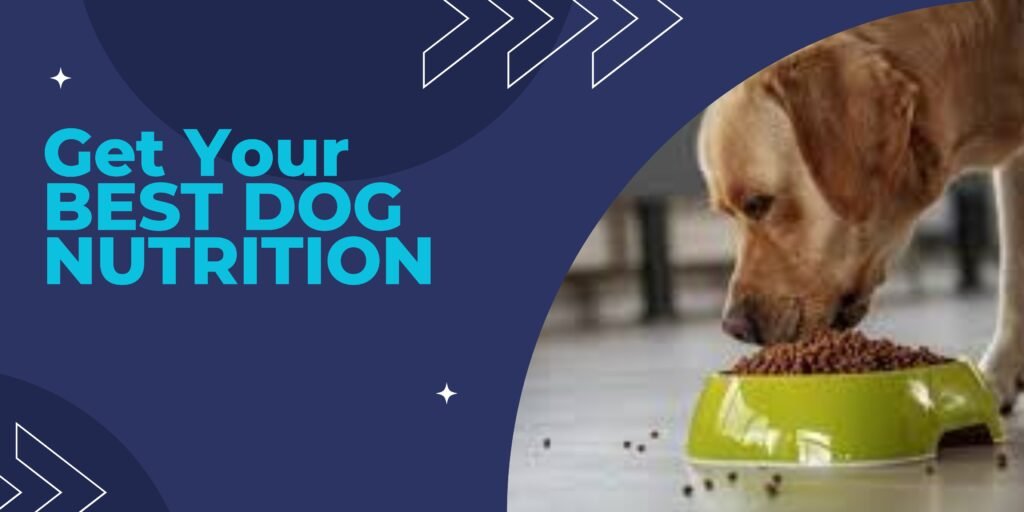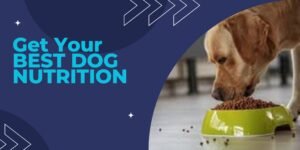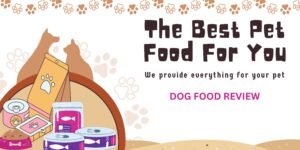Introduction
Proper nutrition is the foundation of a healthy, happy dog. Just like humans, dogs require a balanced diet to maintain energy, support growth, and prevent diseases. With so many dog food options available, choosing the right one can be overwhelming. This guide will help you understand the best nutrition for your dog, including essential nutrients, types of dog food, and feeding tips.
Get Best Dog Nutrition For Amazon
Essential Nutrients for Dogs

A well-balanced dog diet should include the following key nutrients:
- Proteins— essential for muscle development and repair. High-quality animal-based proteins (chicken, beef, fish, lamb) should be the primary ingredient in your dog’s food.
- Fats— Provide energy and support skin and coat health. Look for omega-3 and omega-6 fatty acids (found in fish oil, flaxseed, and chicken fat).
- Carbohydrates— Provide fiber and energy. Whole grains (brown rice, oats) and vegetables (sweet potatoes, peas) are excellent sources.
- Vitamins & Minerals— Support immune function, bone health, and metabolism. Calcium, phosphorus, vitamin A, and vitamin E are crucial.
- Water— Always ensure your dog has access to fresh, clean water to prevent dehydration.

Types of Dog Food
- Dry Kibble
- Convenient and cost-effective.
- It helps clean teeth by reducing plaque buildup.
- Choose high-quality Kibble with real meat as the first ingredient.
- Wet/Canned Food
- Higher moisture content, which helps with hydration.
- More palatable for picky eaters.
- Often contains fewer fillers than low-quality dry food.
- Raw Food (BARF Diet—Biologically Appropriate Raw Food)
- Mimics a dog’s natural ancestral diet.
- Includes raw meat, bones, organs, and vegetables.
- It requires careful handling to avoid bacterial contamination.
- Homemade Dog Food
- Allows full control over ingredients.
- Must be properly balanced with vet guidance to avoid deficiencies.
Feeding Tips for Optimal Health
- Follow Portion Guidelines: Overfeeding leads to obesity, while underfeeding causes malnutrition. Check the food packaging or consult your vet for portion sizes.
- Avoid Harmful Foods: Never feed your dog chocolate, grapes, onions, garlic, or xylitol (found in sugar-free products).
- Consider Life Stage & Size: Puppies, adult dogs, and seniors have different nutritional needs. Large breeds may require joint-supporting supplements like glucosamine.
- Monitor Weight & Health: Adjust food portions based on activity level and weight changes.
- Introduce New Foods Gradually: Sudden diet changes can upset your dog’s stomach.
NOTE : Choosing the best nutrition for your dog ensures a long, healthy, and active life. Whether you opt for commercial kibble, wet food, raw diets, or homemade meals, always prioritize high-quality ingredients and balanced nutrients. Consult your veterinarian to tailor a diet plan that meets your dog’s specific needs. By providing proper nutrition, you’re giving your furry friend the best chance at a happy, vibrant life.
Explore Our Pages DOG NUTRITION & HEALTH








